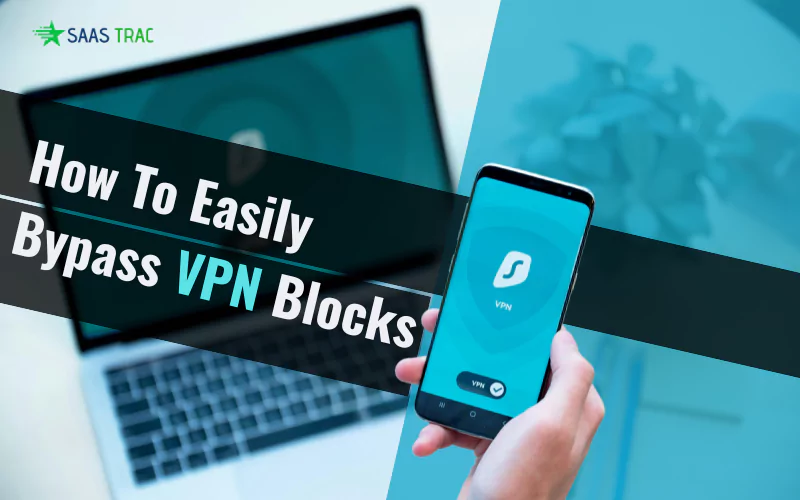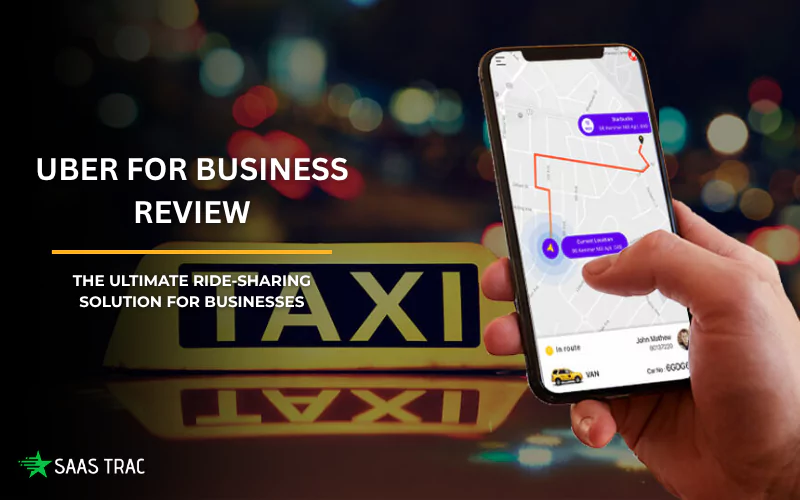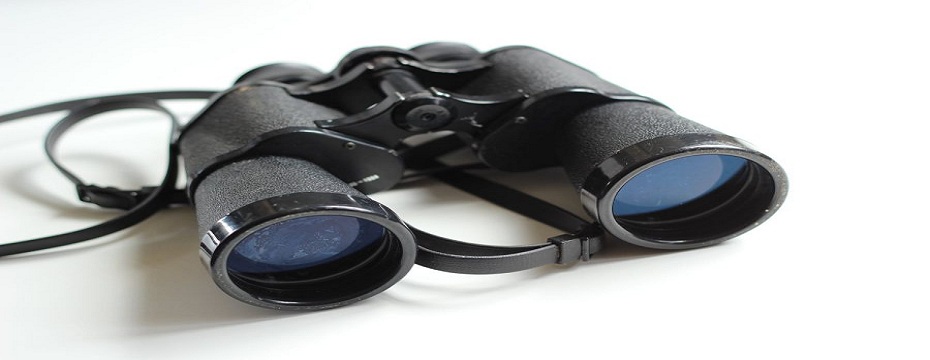Under ordinary circumstances, you simply connect to the internet using a server operated by a VPN provider located somewhere unrestricted, and ta-da! You gain uncensored access to the web.
The problem, of course, is that this VPN feature is so powerful. Consequently, entities that want to censor your internet access also try to block VPN use to maintain control.
Web Oversight
Web censorship comes in many forms and is implemented for various reasons. Common examples include:
Government censorship for political and social reasons:
Typical cases are the Great Firewall of China and government censorship in Iran. The UAE has also made headlines for criminalizing the use of VPNs to bypass its restrictions.
Government censorship for copyright reasons:
Authorities increasingly block access to websites considered to promote copyright infringement. This type of censorship is especially widespread in European countries, with the UK leading the charge. Russia has recently stepped up efforts to block access to pirated content as well.
Workplaces:
Many workplaces aim to protect employees from accessing content that may offend or disturb colleagues (think inappropriate material or sites). They also restrict access to sites likely to distract employees from work, such as social media or adult content. These restrictions are generally reasonable in a workplace setting.
Schools and Universities:
Internet access is often restricted by educational institutions. This is understandable for minors, but at universities and higher education institutions where students are adults, censorship can feel heavy-handed. The main targets are usually sites related to copyright infringement, social media, and pornography. However, political content is sometimes also restricted.
HOME
Most guardians want to protect their children from the many dangers found online. This naturally includes a vast amount of harmful and age-inappropriate material. Censorship is a blunt instrument, though, and can backfire badly.
While it’s important to control access to such content, it’s equally important to remember you can’t shield children from the world forever. If they understand how VPNs work, it might be time to reconsider strict censorship.
A far better approach, in my opinion, is to maintain an open dialogue with your children. This helps build the moral framework, social awareness, and political understanding needed to contextualize content they encounter online.
I believe it’s better for young people to feel they can approach their parents and have honest, supportive conversations about material that troubles or challenges them when they face it online — rather than feeling the need to hide what they see. This openness gives parents a chance to provide guidance and reassurance.
The internet can be a harsh place, full of misinformation, extreme views, and harmful content. Preparing young people to think critically about what they see online, and to question sources, helps protect them more effectively than censorship alone ever could.
It’s a challenging balance to strike, but ultimately, equipping children with the skills to safely navigate the digital world will serve them far better than any block or filter.
The internet is vast, and while shielding them completely is impossible, guiding them carefully as they grow into responsible digital citizens is the best way forward.
When VPN Access Gets Blocked
While VPNs offer a powerful way to bypass censorship and access restricted content, their effectiveness has drawn attention from authorities, organizations, and platforms seeking to limit that freedom. In countries or networks where internet oversight is high, attempts to bypass VPN blocks have become an everyday challenge for users.
Whether it’s governments enforcing censorship, workplaces restricting bandwidth, or media platforms trying to honor licensing deals, blocking VPNs is increasingly common. But even as detection techniques evolve, VPN technology — and user resourcefulness — keeps pace.
6 Effective Ways To Bypass VPN Blocks
Although many platforms block VPN access, there are still reliable ways to slip through the cracks without compromising your privacy or online safety. Here are six practical methods to bypass VPN blocks and regain full access to the web:
Change Your IP Address
Sometimes the simplest fix is also the most effective. Many VPN services operate multiple servers across regions. Switching to another server changes your IP address — and if the previous one was blacklisted, the new one may not be.
For even greater stealth, some VPNs offer obfuscated servers, which disguise VPN traffic to look like regular browsing. This helps users stay under the radar in regions or networks where VPN traffic is closely monitored.
Use a Dedicated IP Address
Shared VPN IPs can be flagged and blocked. A dedicated IP address, assigned only to you, offers a quieter profile. It’s less likely to appear on IP blocklists and gives you a smoother browsing experience with fewer disruptions, making it a smart choice for frequent VPN users.
Switch VPN Ports or Protocols
Web filters and firewalls often block specific ports or protocols commonly used by VPNs. By switching to alternate protocols, such as WireGuard®, OpenVPN (UDP/TCP), IKEv2, or Shadowsocks, you can bypass VPN blocks more easily.
Ports like 443 (used for HTTPS) or 80 (standard web traffic) are rarely blocked, so configuring your VPN to use them can help avoid detection and keep your connection stable.
Use Mobile Data
When VPNs are blocked on public Wi-Fi, school, or office networks, switching to mobile data is a quick fix. Most blocks are network-specific, so disconnecting from the restricted network and using your phone’s mobile hotspot can provide instant relief.
Just be mindful of your data limits — streaming and high-bandwidth tasks may consume more than expected.
Route Traffic Through an Alternative Tunnel
Advanced users can route VPN traffic through SSH tunnels or use SSL/TLS encryption to mask their activity. These techniques disguise VPN packets, making them look like regular secure web traffic and harder for firewalls to detect.
While these methods may slightly reduce speed, they are effective in restrictive environments where traditional VPN methods fail.
Manually Change DNS Server Configuration
Sometimes, internet service providers block VPNs at the DNS level. Manually configuring your DNS settings — for example, using Google DNS (8.8.8.8 and 8.8.4.4) — can help you sidestep these blocks. However, this is a more technical workaround and should be used cautiously to avoid exposing your device to additional risks.
A Broader Conversation Beyond the Tools
Technology can help, but it doesn’t replace the importance of education and open dialogue, especially when it comes to guiding young users through a digital world full of contradictions.
Censorship may block harmful content, but it can also silence important conversations. Instead of relying solely on filters and tools, families and institutions should emphasize critical thinking, open communication, and media literacy.
By teaching people — especially children and teens — how to engage responsibly with online information, we prepare them to safely navigate the web long after tools like VPNs are no longer needed.
Final Thoughts
The internet will always present challenges, and those seeking control will keep adapting. But so will users. VPNs remain a crucial tool for digital freedom, and knowing how to bypass VPN blocks ensures you don’t lose access to the global web, even in heavily monitored environments.
From changing your server to tunneling through secure protocols, there’s more than one way to stay connected and secure. Use these tools wisely, stay informed, and advocate for a more open internet for everyone.





